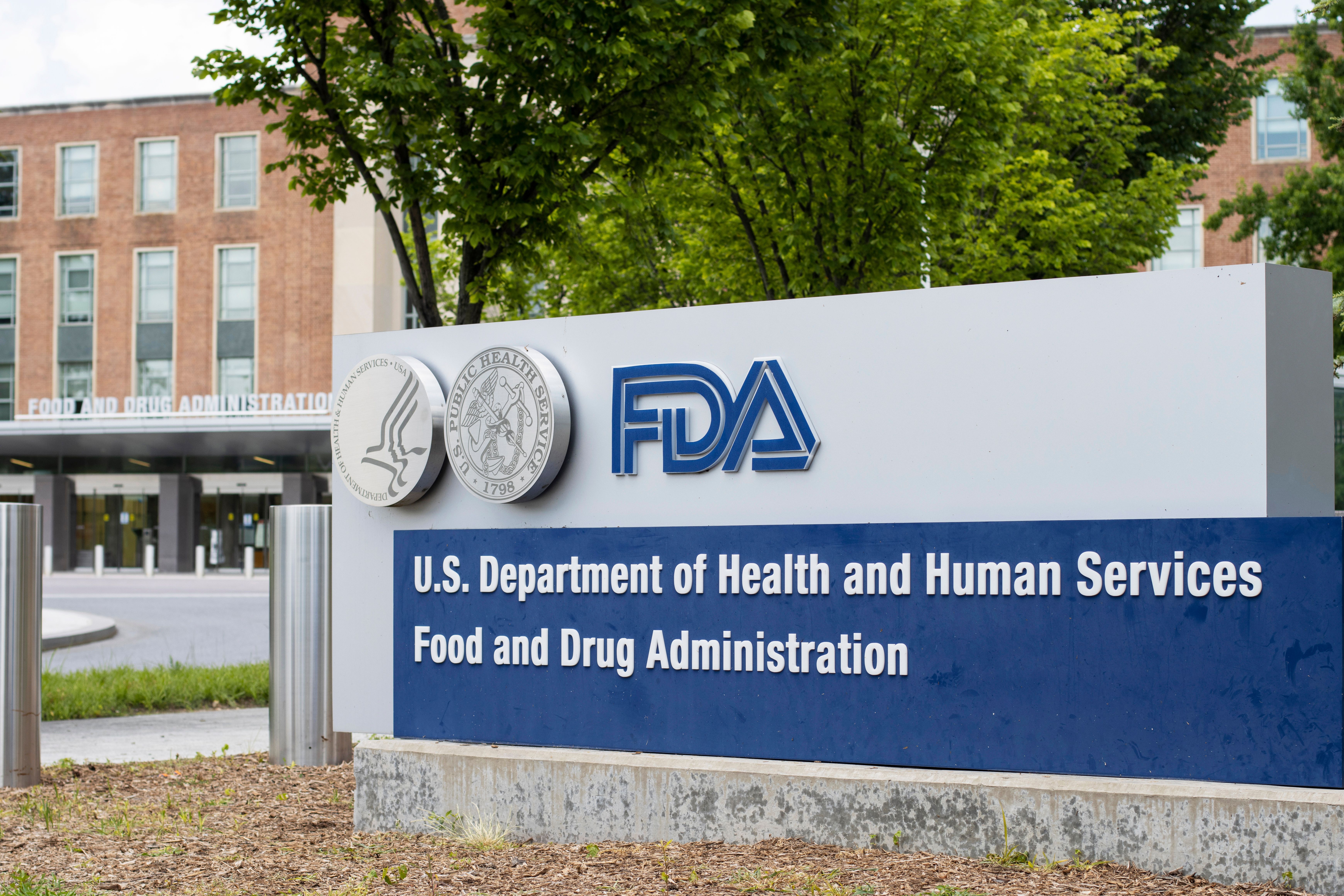- Acne
- Actinic Keratosis
- Aesthetics
- Alopecia
- Atopic Dermatitis
- Buy-and-Bill
- COVID-19
- Case-Based Roundtable
- Chronic Hand Eczema
- Chronic Spontaneous Urticaria
- Drug Watch
- Eczema
- General Dermatology
- Hidradenitis Suppurativa
- Melasma
- NP and PA
- Pediatric Dermatology
- Pigmentary Disorders
- Practice Management
- Precision Medicine and Biologics
- Prurigo Nodularis
- Psoriasis
- Psoriatic Arthritis
- Rare Disease
- Rosacea
- Skin Cancer
- Vitiligo
- Wound Care
News
Article
SFA-002 Shows Promise in Early Clinical Trial Psoriasis Cohorts
Stefan Weiss, MD, MBA, explains next steps for the oral treatment after the completion of phase 1b enrollment.
SFA Therapeutics recently announced the completion of enrollment in a phase 1b clinical trial (NCT05642182) evaluating SFA-002, an oral therapeutic for the treatment of mild to moderate plaque psoriasis. Data from the first patient cohort (n = 14) showed promising results including 92% of patients showing a reduction in Psoriasis Area and Severity Index (PASI) of more than 50% from baseline, 72% of patients showing a reduction in PASI score of more than 75% from baseline, and 2 patients achieving PASI 100.1
Stefan Weiss, MD, MBA, was recently appointed to the chief medical officer role at SFA Therapeutics.2 In an interview with Dermatology Times, he shared insights into the promising early results and the potential impact of this new treatment on patients with psoriasis.
A Patient-Centered Approach
SFA-002 provides an immunomodulatory effect by down-regulating levels of pro-inflammatory cytokines involved in the pathogenesis of psoriasis including TNF-α, IL-23, IL-10, IL-12, IL-17 and INF-γ, and down-regulating autoimmunity."It is an oral therapeutic, which is critical, because most of our patients with psoriasis end up requiring injectable medicines, and patients in general prefer a pill to a shot," said Weiss.
Meeting Clinical Benchmarks
Weiss emphasized the success observed in the initial phases of the clinical trials and said, "In early phase trials, SFA-002 is highly effective. In looking at PASI 75 clearance in the phase 1 trials, we've seen a tremendous response to the product in these populations." This response is crucial for advancing the treatment to subsequent trial phases and eventually making it available to the wider patient population.
The company stands behind the safety profile of SFA-002 as another key advantage. "It has an exceptionally robust safety profile," noted Weiss. "As a physician, when you're talking to patients and wanting to put them on a medicine for an immunologic disease like psoriasis, you want to ensure that the product that you're providing to them has a high degree of safety."
The trials have been rigorous in their evaluation metrics. "At this early stage of phase one, it's been largely patient response, as measured by the investigator and PASI 75," explained Weiss. PASI 75 is a critical benchmark for the FDA in evaluating psoriasis treatments. The trials also consider time to response and the percentage of the population achieving various endpoints, such as PASI 90 and PASI 100.
Inclusive and Comprehensive Trials
Inclusivity in clinical trials is vital, especially for a disease as widespread as psoriasis. Weiss pointed out, "The goal with a disease like psoriasis is to make sure that we are capturing all patient types, because psoriasis itself is a disease that affects both men and women as well as Caucasian and non-Caucasian populations." Understanding the drug's effectiveness across diverse demographics is essential for its success.
Addressing Psoriasis and Metabolic Syndrome
Psoriasis often correlates with metabolic syndrome, exacerbating the condition. Weiss explained, "We know that psoriasis has a contribution within the metabolic syndrome. It is a pro-inflammatory disease and can trigger potentially different cardiac events. It’s also worse in individuals with metabolic syndrome, specifically around obesity." SFA-002 aims to address these complexities by modulating the immune response without the high degree of immunogenicity seen with specific cytokine inhibitors.
Next Steps and Future Prospects
The completion of the phase 1 trial is on the horizon. "We’re going to finish this phase 1 trial in order to go to full database lock and readout," Weiss concluded. "Once we have a more complete understanding of the results, we will then begin the phase two protocol." This next phase will involve the FDA, the right sites, and recruiting investigators to ensure a comprehensive evaluation of SFA-002 in the broader psoriasis patient population.
References
- SFA Therapeutics announces completion of enrollment in phase 1b trial of SFA-002 for psoriasis. News release. SFA Therapeutics, Inc. May 30, 2024. Accessed June 20, 2024. https://www.prnewswire.com/news-releases/sfa-therapeutics-announces-completion-of-enrollment-in-phase-1b-trial-of-sfa-002-for-psoriasis-302158420.html?tc=eml_cleartime
- SFA Therapeutics strengthens management team with appointment of chief medical officer. News release. SFA Therapeutics, Inc. May 2, 2024. Accessed June 20, 2024. https://www.prnewswire.com/news-releases/sfa-therapeutics-strengthens-management-team-with-appointment-of-chief-medical-officer-302132292.html
Newsletter
Like what you’re reading? Subscribe to Dermatology Times for weekly updates on therapies, innovations, and real-world practice tips.







